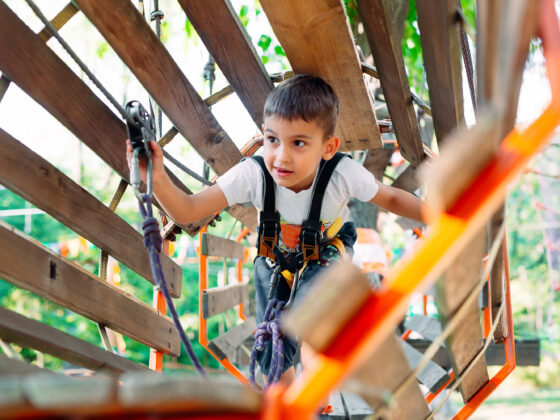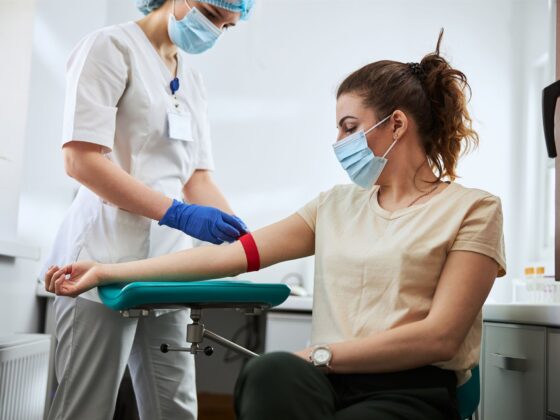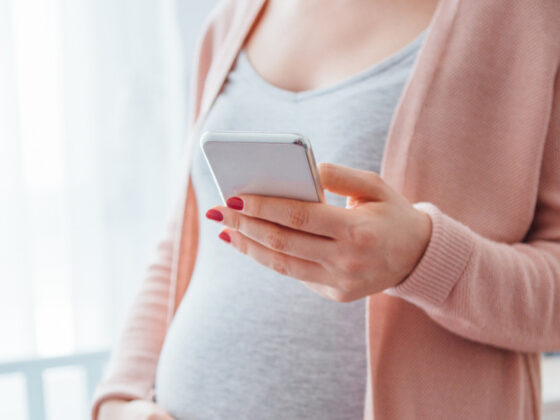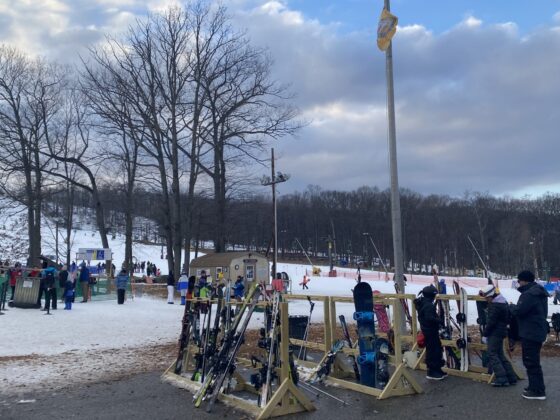As new COVID-19 cases show signs of slowing and we’re all tentatively breathing one collective sigh of relief, there’s another part of the pandemic that’s growing—post-COVID care for adults and kids. While you may have heard about adult “long-haulers” of COVID who are experiencing symptoms well past their initial diagnosis, doctors are finding long-term symptoms in kids and teens, too (though it’s still considered rare). And to help support and treat kids who’ve recovered from COVID or the COVID-related Multisystem Inflammatory Syndrome (MIS-C), RWJBarnabas Health facilities of the Saint Barnabas Medical Center and Children’s Hospital of New Jersey at Newark Beth Israel Medical Center have established a Pediatric Post-COVID-19 CARE (Comprehensive Assessment Recovery and Evaluation) Program. Has your child had COVID and showing signs of long-haul symptoms? Read on for info on how this program works in collaboration with your pediatrician.
Featured Photo Credit: Istock/golibtolibov
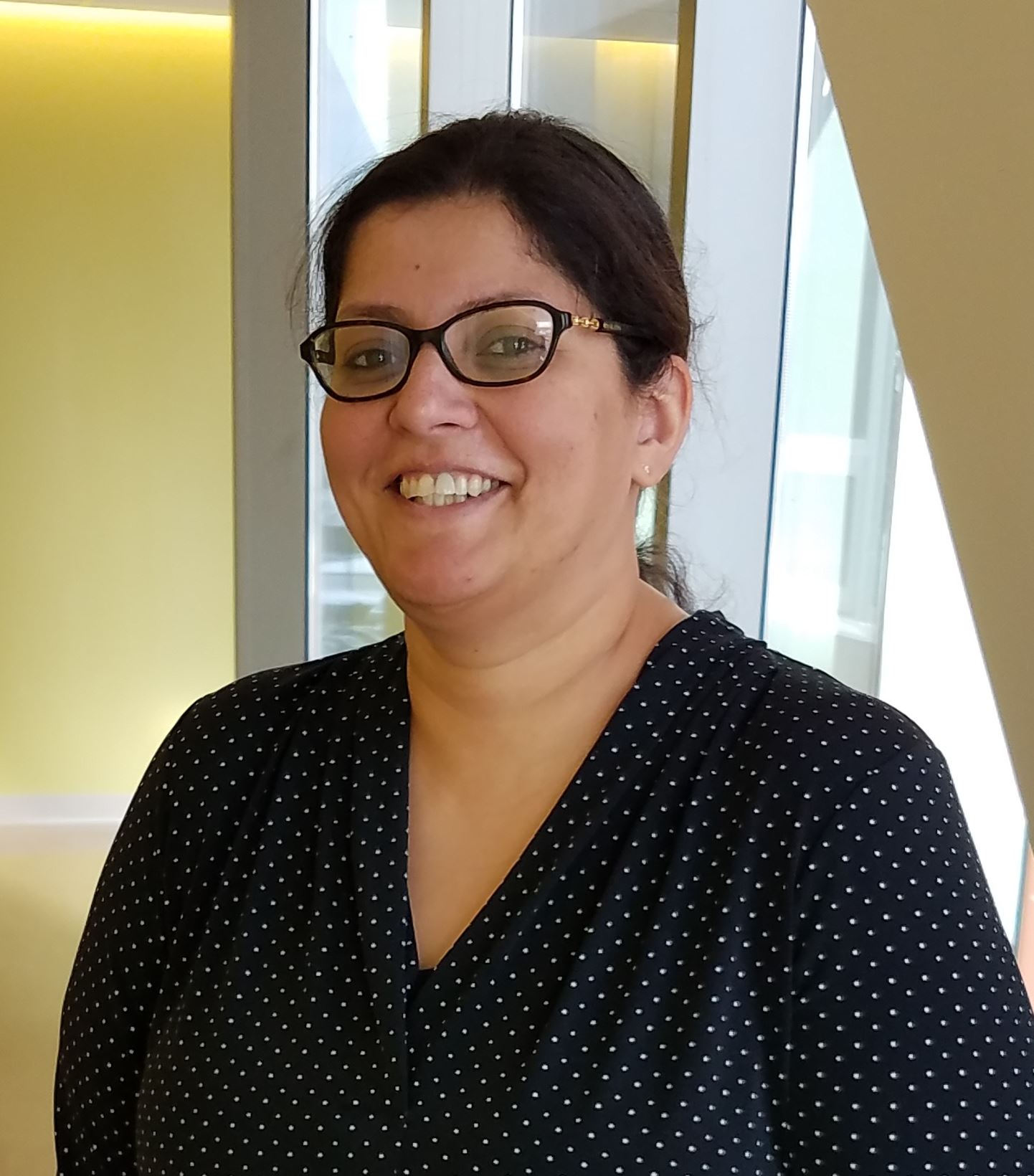
Dr. Azma N. Hasan, MD, Division Chief, Pediatric Infectious Diseases, Saint Barnabas Medical Center
Why a Pediatric Post-COVID-19 CARE Program
There’s still so much we’re still learning about COVID-19 and especially its impact on children and their recovery. But what we do know is that kids who’ve had Multisystem Inflammatory Syndrome or were hospitalized by COVID-19 require physician follow-up at regular intervals once they have been discharged from the hospital. That’s why Uzma N. Hasan, MD, Division Chief, Pediatric Infectious Diseases, Saint Barnabas Medical Center established the Pediatric Post-COVID CARE Program. “Initially, we saw data on lingering symptoms in adults who had COVID, including neurological issues, shortness of breath, loss of taste or smell, or can’t get back to the same level of activity they had before COVID. When we saw kids being hospitalized with COVID and MIS-C and learned that they too could have these issues, we created a team of a multi-disciplinary team of physicians for these patients,” she says. And over the past six months, even in cases of mild COVID, pediatricians are reporting some kids and teens are developing similar symptoms post-COVID. As a result, Hasan says the program also includes community cases from pediatric referrals to help treat and support those suffering from those post-infection long haul symptoms, which last more than four weeks from diagnosis. These children may or may not have been hospitalized with symptoms ranging from severe to those who had a mild illness.
What They’re Doing to Help Kids
While the program initially was set up to ensure kids who had acute COVID-19 viral syndrome or MIS-C receive the necessary follow-up after hospital discharge, it’s open to any child who’s been referred to by their pediatrician. “The goal of the program is to make sure that nothing is overlooked. We don’t want kids to slip through the cracks and lose any functioning, and this service gives parents more information, treats kids, and lends support throughout their recovery,” says Hasan. Parents will find a team of experts from every discipline, including cardiology, neurology, pulmonology, gastroenterology, and a psychology support network, offering services designed to meet the changing and varied needs of kids in recovery. If your doctor thinks your child has symptoms, Dr. Hasan will collaborate with your pediatrician to determine if there is a need for specialty services. After the intake, the program’s patient navigator will work with you for appointment scheduling with the necessary specialists that are individualized for each patient. This comprehensive follow-up will track your child’s changes throughout the time of treatment and can be adapted.
The Road to Recovery
The good news is that doctors are seeing a noticeable recovery in kids when treated accordingly. The program’s multidisciplinary nature, which includes many support services such as physical and occupational therapy, has tremendously helped patients. “The vast majority of pediatric cases who were hospitalized and were treated for acute COVID viral syndrome or multisystem inflammatory syndrome have done well. In the children who develop long haul symptoms like fatigue, brain fog, dizziness, shortness of breath, loss of smell and taste, the recovery process is slower, taking several months,” says Dr. Hasan. Many of these children also have anxiety and depression related to multiple factors, including COVID, social isolation, virtual instruction, less time with friends, and a loss of usual activities, and need a solid support system. The psychological support service addresses that component, too, treating kids and helping them navigate this unusual time. It’s been a success, despite the ever-changing path of the virus, says Dr. Hasan. “So far, kids who receive this care are recovering better than kids who haven’t had the support. COVID has been different from any other clinical illness, and every day there’s a new challenge, but we’re making sure the aftercare is just as important as the care during the illness.”
For more information on the Pediatric Post COVID Care Program, call 1-888-COVID94 (1-888-268-
4394) Select Option 2 or by email at postcovidcare@rwjbh.org.
This post is sponsored by RWJBarnabas Health to help make every #NJMOM and her kids their healthiest.








